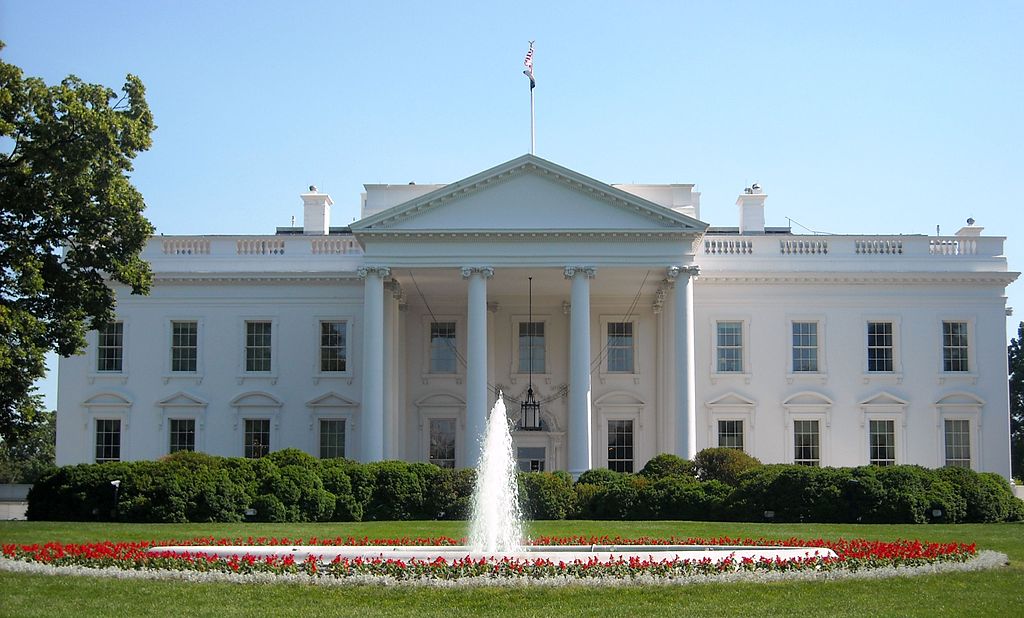Executive Branch Lawyering in Time of Crisis
We have complementary articles about the proper conception of lawyering for the president in times of crisis in the most recent issue of the Georgetown Journal of Legal Ethics that we thought might be of interest to Lawfare readers.

Published by The Lawfare Institute
in Cooperation With

We have complementary articles about the proper conception of lawyering for the president in times of crisis in the most recent issue of the Georgetown Journal of Legal Ethics that we thought might be of interest to Lawfare readers.
The lead article, written by Bauer, is entitled “The National Security Lawyer, In Crisis: When the ‘Best View’ of the Law May Not Be the Best View.” The Office of Legal Counsel (OLC), along with many academic commentators, has maintained that the best conception of the office’s legal advisory function is to provide the executive a “best view” of the law while nonetheless “facilitating” where possible the executive’s policy objectives. The “best view” approach has been the source of considerable comment and criticism when the office has appeared to depart from this standard in supplying the executive with legal positions that may qualify as “reasonable” or “plausible” but fall short of what scholars and other observers judged to be the best possible reading of the law.
Bauer’s article questions the “best view” as a standard that should bind the OLC, or any other senior legal advisers, in advising the executive in a national security crisis. It challenges the best view theory both as an empirically unsustainable account of how lawyers in fact perform in a crisis setting, and as a theoretically unjustified constraint on the range of legal options that a president’s legal advisers should be expected to offer. Among the criticisms is the absence of a fully coherent conception of “best view,” and the risk that best view claims mask what are less legal, and more policy disagreements.
Bauer’s article sets out an alternative model of lawyering in this context: the development of legal positions grounded in reasonable, good faith readings of the law, subject to thoroughgoing transparency requirements. This alternative model draws on historical and contemporary sources that aid in a dispassionate analysis of the response of lawyers to policy and political pressure in crisis. One such source is the historical record of the functioning of the executive’s legal advisory process in two major national security crises: the Cuban Missile Crisis of 1962, and the bases-for-destroyers exchange with Great Britain intended to shore up that country’s defense against the German military onslaught. Primary source materials, including memoirs and documents authored by senior legal advisers and interviews with national security lawyers in recent administrations, supply useful insight into the challenges of crisis lawyering.
Bauer maintains that this revised, more empirically grounded view of crisis lawyering calls into question whether the office should have the primary, if not decisive, role in determining the lead advice that the executive should receive when confronting a critical national security challenge. An alternative decision-making model would ensure that OLC views are considered but would allow for a crisis management structure with different leadership on legal issues, including but not limited to the Counsel to the President, and closer, more open dialogue between lawyers and policymakers. Bauer concludes by insisting that the key to the executive checking function is a detailed public accounting of the legal advisory structure established to support the president’s decision-making in crisis and of the substance of the administration’s formal legal position.
Goldsmith challenges some elements of Bauer’s thesis in an essay entitled “Executive Branch Crisis Lawyering and the “Best View.” He makes essentially six points. First, the OLC standard is subtler and less constraining than Bauer lets on, but Bauer is right that there is often significant indeterminacy in executive branch lawyering, just as there is in judicial decision-making. Second, the “best view” of the law standard is indeed an unrealistic standard for crisis situations that has rarely, if ever, prevailed in practice. Third, this practical and historical point does not, however, tell us whether it is the wrong standard, or whether Bauer’s proposed standard—“reasonable, good faith readings” of the law—is the right one. Fourth, there are constitutional, functional, practical, and psychological reasons to question the normative attractiveness of the “reasonableness” standard. Fifth, Bauer’s arguments for a White House-centered and flatter executive branch legal decision-making process does not follow from his criticisms of the “best view.” But, last, even if Bauer is wrong to dislodge the Justice Department from its traditional role in providing legal advice to the president during crisis, the White House counsel still has at least two vital roles to play: (i) a convening power for interagency legal discussions that can significantly influence the Justice Department, and (ii) advising the president whether to accept a legal interpretation proposed by the Justice Department or any other agency on a matter the president cares about.
We hope you find this discussion of executive branch crisis lawyering fruitful, and we cherish your feedback.



.png?sfvrsn=bd249d6d_5)


